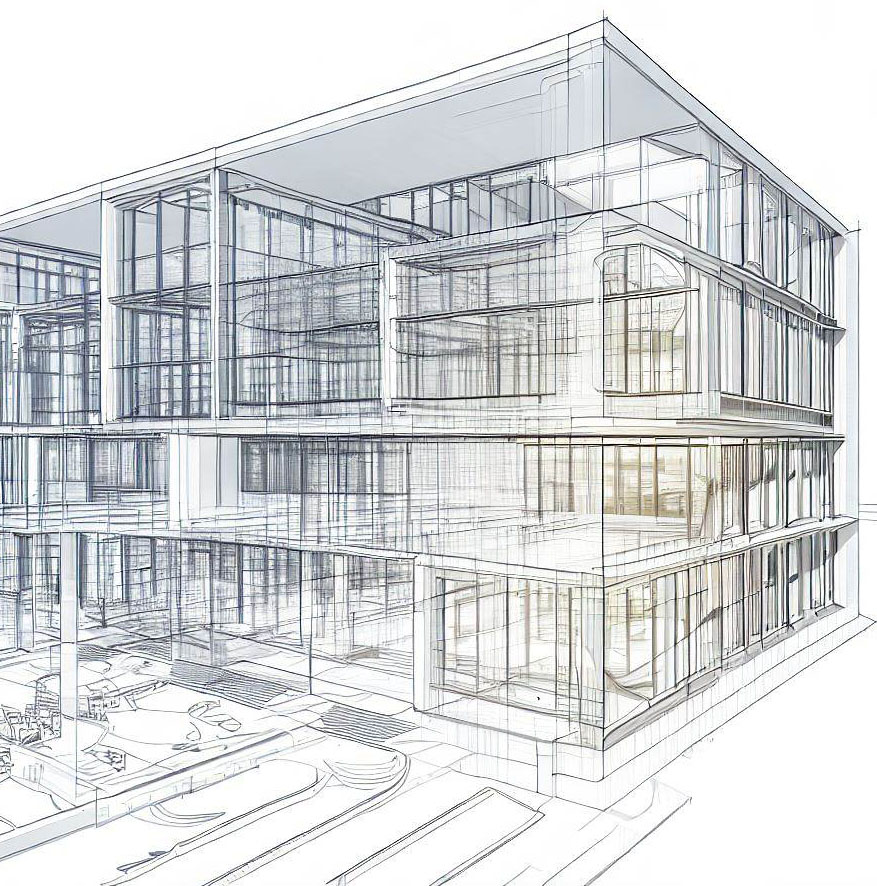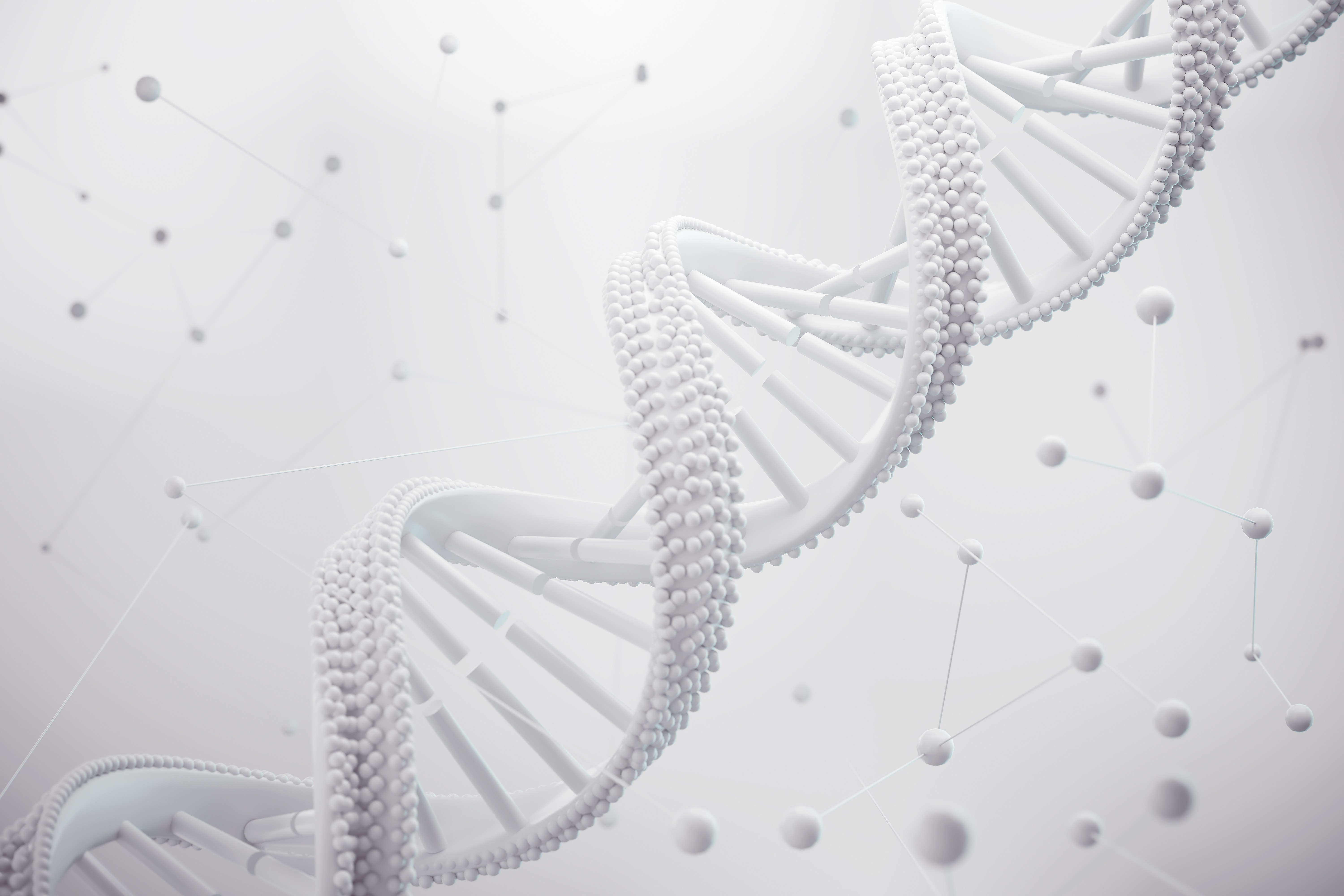
Center
The Center for Critical Computational Studies (C3S) is a newly founded hub for inter- and transdisciplinary research at Goethe-University Frankfurt am Main, Germany. To establish and further Critical Computational Studies, we bring together diverse disciplines, ranging from computer, life, and social sciences to health and the humanities.
Our purpose is to develop, apply, reflect, and transfer computational methods (i.e. computer-based, data-driven, etc.) hand in hand with consequence-focused reflections. To this end, C3S conveys Critical Computational Literacy: skills and critical awareness necessary to actively shape our digital future.
In the Center for Critical Computational Studies (C3S), we interweave critical with computational approaches across and beyond disciplines to
- generate deeper system understandings, including how computational technologies are forming realities;
- develop strategies for designing and using computational technologies in ways that are sustainable, trustworthy, and justifiable.
Over the course of the next years, we will:
- Build a new campus for Critical Computational Studies.
- Recruit twelve or more new research teams (professorships etc.). ➡ Read more
- Affiliate/associate principal investigators from within and without Goethe University. ➡ Read more
- Establish the necessary structures for innovative inter- and transdisciplinary research, teaching, and transfer. ➡ Read more
Critical Computational Studies
We constitute Critical Computational Studies as a multi-, inter-, and eventually transdisciplinary field of research to innovate synergies in the development, application, reflection, and transfer of algorithmic and data centered methods.
Sustainable Technological Foundations
Sustainable technological foundations are key to Critical Computational Studies. To remain feasible in monetary and environmental terms, the growing flood of data requires a precise combination of critical data analytics, scalable algorithms, and energy-efficient hardware.
C3S hence explores the energy-efficient realization of cross-domain core routines, hybrid approaches (from classical algorithms to AI, e.g., learned data structures), scalable algorithm libraries with flexible interfaces, and the efficient use of data for machine learning and generation of artificial training data.
Computation of the Critical
We study how computational methods can be used to identify, analyze, or model critical points, e.g., transitions or changes, that lead to a significant shift in behavior or function of a system. This includes areas such as physics, biology, economics, social sciences, or any other field where critical points play a significant role in system understanding and prediction of behavior.
We establish computational tools and techniques for identifying and analyzing critical points in complex systems in order to understand how they can be shaped, manipulated or regulated.
Computational Critique
We use computational methods, techniques, and tools to analyze and evaluate social and cultural artifacts, their immanent pattern and trends, and their underlying power structures and formative assumptions.
By drawing on computational approaches, we gain a deeper understanding of how power dynamics, ideologies, and cultural values shape these systems and how they work.
Critique of the Computational
We examine the intersection of computational technologies as well as scientifc, social and cultural issues. This involves the critical analysis of computing, including how software, hardware and data are both shaped by and how they are shaping scientific, social and cultural strcutes.
By doing so, we devise computational technology and improvements that enhance security, transparency and trustworthiness, reinforce benefits while minimizing drawbacks, and that are justifiable.
Overview
Recruitment
Upcoming events

Goethe University Frankfurt
Explorative Workshop #2
Candidates for professorships in the fields of "Critical Reflection and/or Governance of Computational Technologies" present their expertise.





